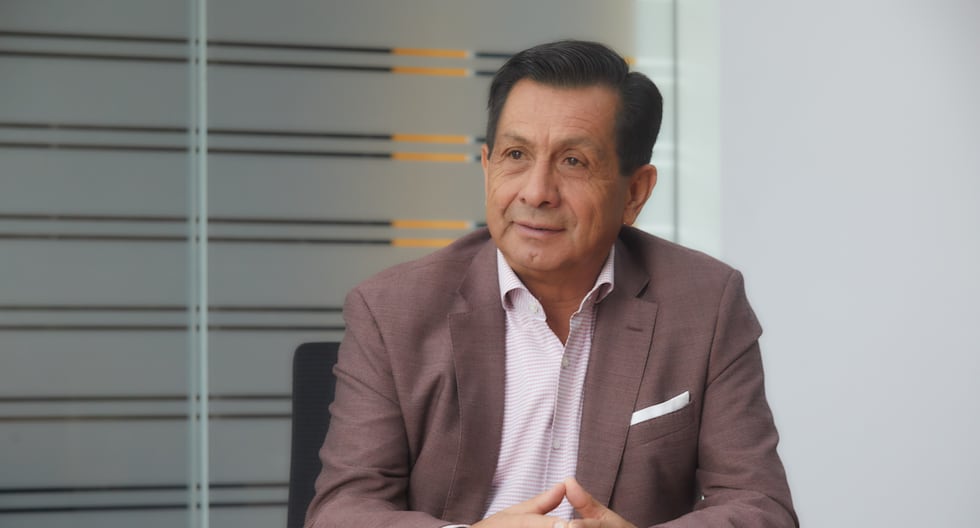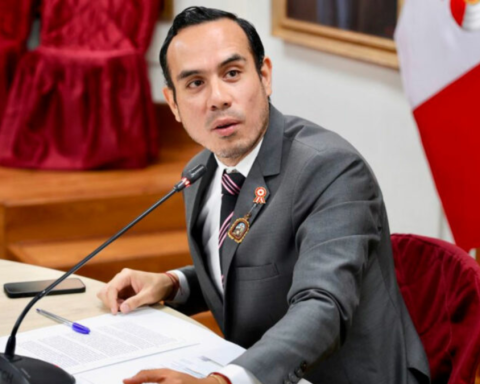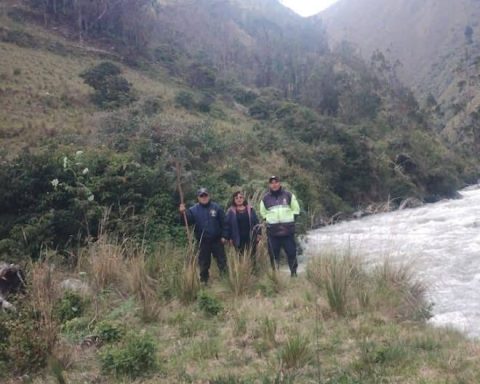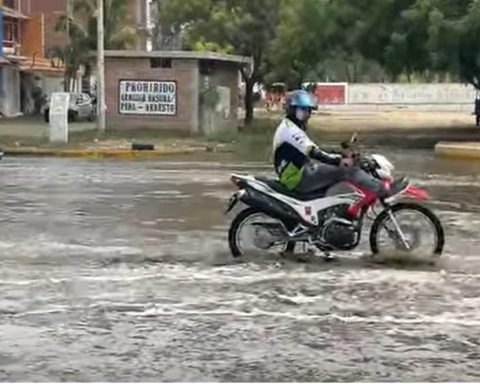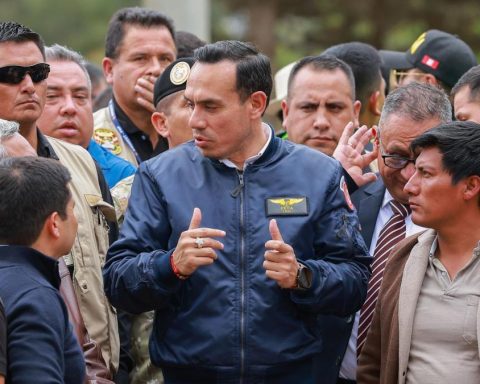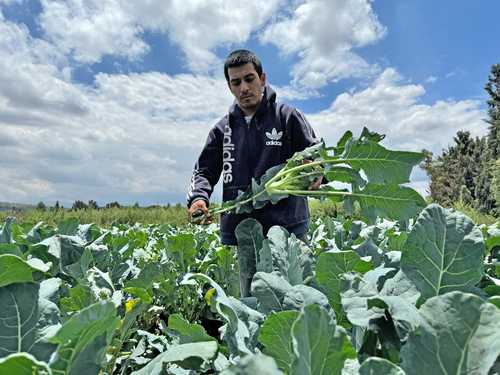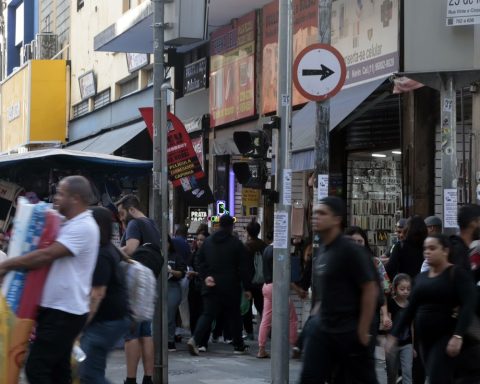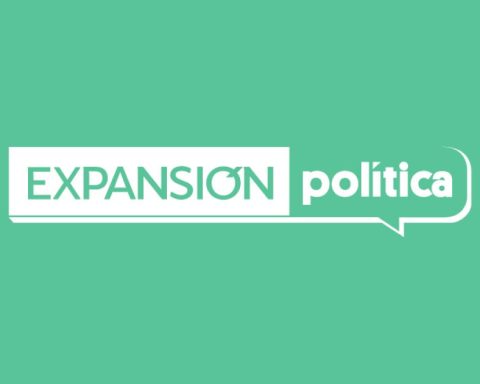In Peru, many parents, especially those from the middle-income deciles and below, have been scammed by universities that did not have the minimum quality standards to educate and give their children the opportunity to find work. There are several examples of these universities, supported by unscrupulous congressmen and politicians.
The president of the Federation of Private Higher Education Institutions (Fipes), Fernando Barrios, told Peru21 In order for universities, both public and private, to be able to guarantee their students quality education and job opportunities, and for this talent to contribute to the development of the country, it is not enough for these institutions of study to have a license. This only guarantees basic quality conditions and Congress has even established that it be a one-time thing.
According to Barrios, although the periodicity of licensing is an international practice, Peru needs to adopt other international practices for the continuous improvement of higher education services, such as accreditation.
Accreditation is an ecosystem represented by public and private entities that certify that a certain educational institution has quality standards in its courses, faculties and as an institution. It is renewed periodically, but each time with higher demands that must be met.
SINEACE
Barrios indicated that, now that the National System for Evaluation, Accreditation and Certification of Educational Quality (Sineace) has a new management team, after nine years of reorganization, the entity must resume, promote, encourage and accelerate the national accreditation processes of universities.
Since accreditations are voluntary, the Fipes representative said that it is necessary to give them a level of enforceability through incentives, such as prioritizing educational institutions that have accreditations for competitive funds, scholarships, research funds, government training programs, among others.
“At Fipes we demand a vision and joint work from the three entities in the sector: Minedu, Sunedu and Sineace with the universities, to generate new conditions, incentives and requirements that raise the educational level,” said Barrios.
FROM DISTANCE
Barrios also spoke about distance education. He argued that, although it is a demand for many people, Sunedu must strengthen its capacity to accompany and supervise that the service provided by educational institutions is of quality. He mentioned that in this field there is room for the accreditation of distance education.
Peru21 ePaper, enter here and try it for free.
